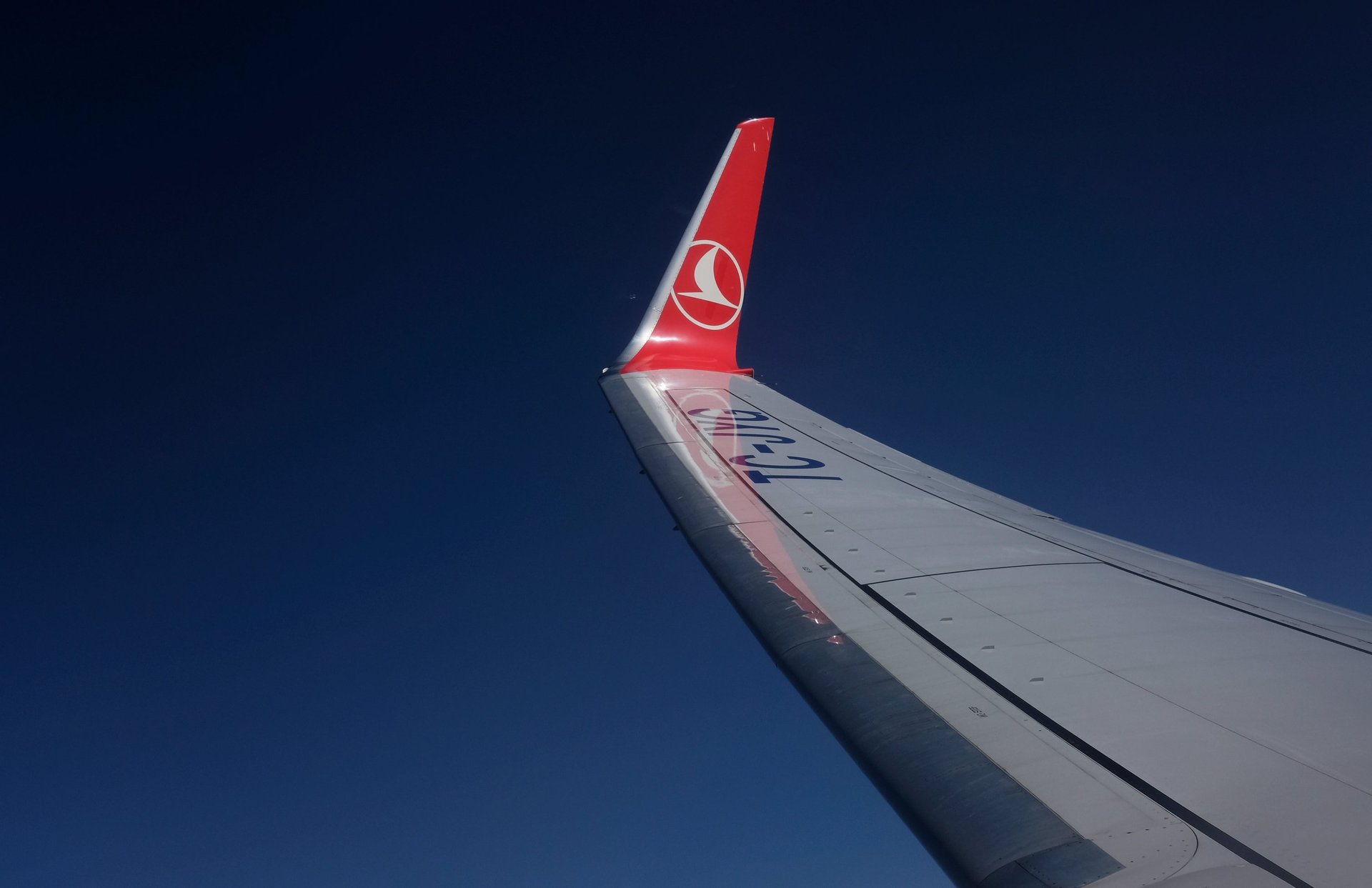The Istanbul airport attacks will test Turkish Airlines’ global ambitions
Suicide attacks reported to have killed nearly 40 people yesterday (June 28) at the Istanbul Ataturk Airport is more grim news for Turkish Airlines and the country’s ailing tourism industry.


Suicide attacks reported to have killed nearly 40 people yesterday (June 28) at the Istanbul Ataturk Airport is more grim news for Turkish Airlines and the country’s ailing tourism industry.
The airline, Turkey’s largest, already had been hurt by terror attacks elsewhere in the country this year, complicating the company’s efforts to position itself as a global player, and Istanbul as a major global hub, linking North America, Asia, Europe and Africa. The first three months of 2016 marked Turkish Airlines’ worst quarter in 17 years.
The “perceived global and regional risks in Turkey and Europe” that Turkish Airlines cited as a reason for decreased customer demand also have hurt Turkey’s tourism industry broadly. Tourism revenue in the first quarter fell by more than 16% from the same quarter of 2015, according to government figures.
Despite the challenges, Turkish Airlines has been optimistic. It’s increasing its fleet and increasing the frequency it flies on some of its routes while also introducing new ones. It’s been running high-profile ad campaigns featuring sports celebrities including Didier Drogba, Lionel Messi, and Kobe Bryant—and claiming it flew to Gotham City and Metropolis as part of a bid to cross-promote itself with the Batman v. Superman movie. But this global push is under threat unless it can entice travelers not only to fly with the airline but to feel safe enough fly through Istanbul’s airport.
A day before the attack, the US State Department warned US citizens about terrorism threats throughout the country and to avoid travel to the southeastern part of the country that borders Syria.
As peak summer travel months approach, a rebound for Turkish Airlines now looks a lot less likely now.